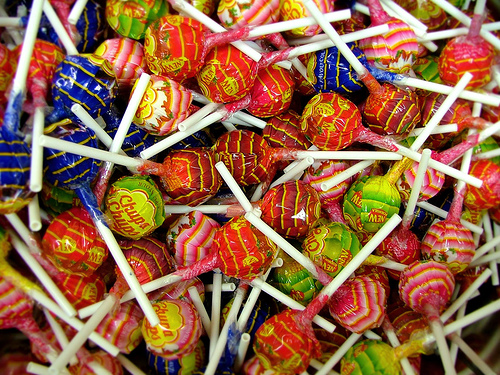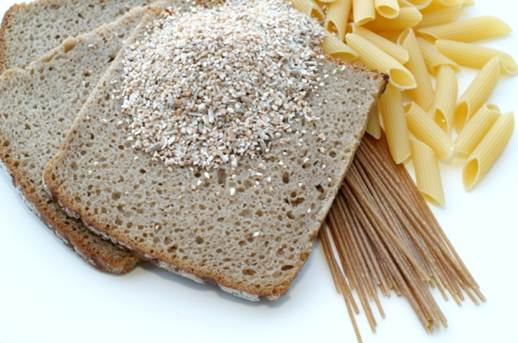Sugar regulation in the food industry is a
tricky issue, but weaning yourself off the sweet stuff will transform your
health.
Sugar can be as toxic to your body as
alcohol and hard drugs, according to a new study from the University of
California. Researchers say that, taken in high quantities, sugar’s not only
responsible for obesity and type 2 diabetes, it can also contribute to many of
the major fatal diseases, including heart disease and cancer. The scientists
believe this is because sugar is a poison in high doses, and it is unavoidable
in our modern diet.
Here
is a very reasonable assessment on the topic of sugar
For our ancestors, sugar was only available
in the form of fruit and honey, and available only for a few months of the
year, at harvest time, But today it’s routinely added to processed foods, from
yoghurts and biscuits, to more surprising items, such as brown bread and
crisps. By eating these foods we’re adding around 150lbs of sugar to our diets
every year, says Jacob Teitelbaum, medical director and author of Beat Sugar
Addiction Now! (Fair Winds Press, $23).
Globally, sugar consumption has tripled in
the past 50 years. According to the United Nations, 63 per cent of all deaths
are a result of non-communicable diseases such as cancer and cardiovascular
disease, high blood pressure and diabetes – all symptoms of metabolic syndrome,
which can be caused and exacerbated by high-sugar diets. These
lifestyle-related diseases now pose a bigger threat worldwide than infectious
diseases, and place a big strain on health services.
“Eating sugary foods and high-glycaemic
carbohydrates raises your blood sugar levels, triggering excess insulin
production,” says nutrition consultant Christine Bailey
(advancenutrition.co.uk). And if the pancreas is put under too much pressure to
produce insulin, you could be at risk of developing type 2 diabetes.
“High fructose corn syrup [HFCS], which is
often used as a sweetener in fizzy drinks, cereals and processed foods, is one
of the worst forms of sugar, as it can only be metabolized in the liver. It’s
converted to fats, including cholesterol and triglycerides, which can increase
your risk of heart disease,” says Bailey. Uric acid is produced as the liver
breaks down HFCS which, in high levels, causes high blood pressure and
inflammation.

high-glycaemic
carbohydrates
Sugar can mess with your head, too. “Sugar
triggers production of your brain’s natural opioids, which are key to the
addiction process,” says Bailey. A study by scientist at the University of
Bordeaux, found that 94 per cent of rats tested were more likely to choose
sugar over cocaine. The researchers believe the instant gratification from the
sweetness of the sugar is what makes it so addictive. Symptoms of sugar
dependency include bloating, yeast infection, hormone imbalance, depression,
tiredness, irritability and a weak immune system.
Sugar also makes you feel hungry: it
increases levels of the hormone ghrelin, which sends hunger signals to the
brain, and stops the brain detecting the hormone leptin, which regulates
appetite. So, not only are sugar calories empty, they’ll actually make you want
to eat more.

Sugar
can be as toxic as alcohol, and can contribute to fatal diseases
In a radical step, the University of
California researchers have called for sugar to be regulated in the same way as
alcohol. Possible steps include making high-sugar foods more expensive, or
lobbying the government to place tighter restrictions on food manufacturers. In
the meantime, here are some steps you can take to reduce your on sugar
consumption and protect your health.